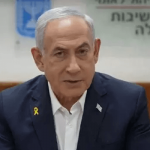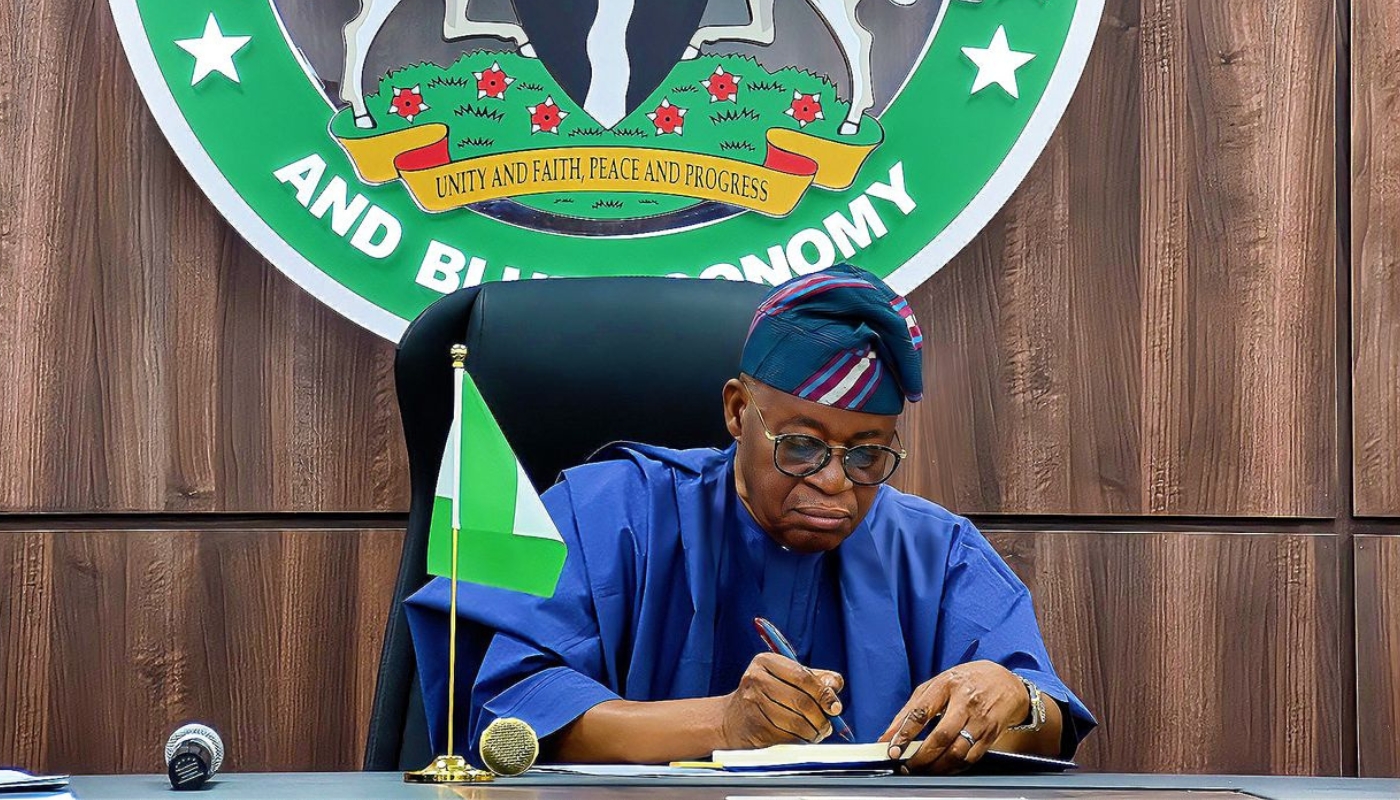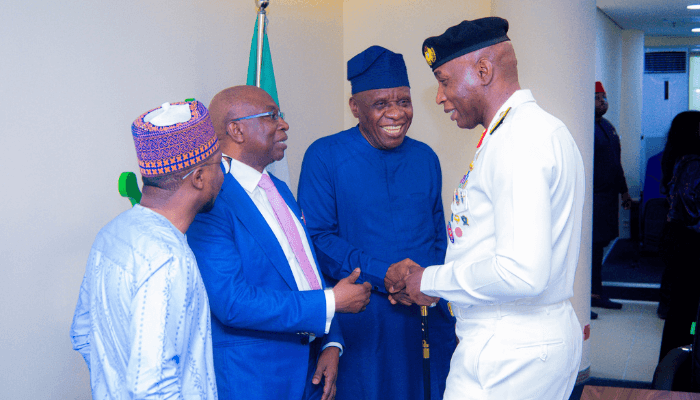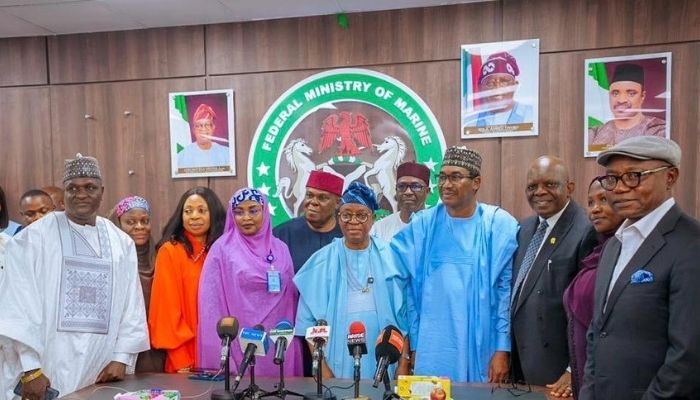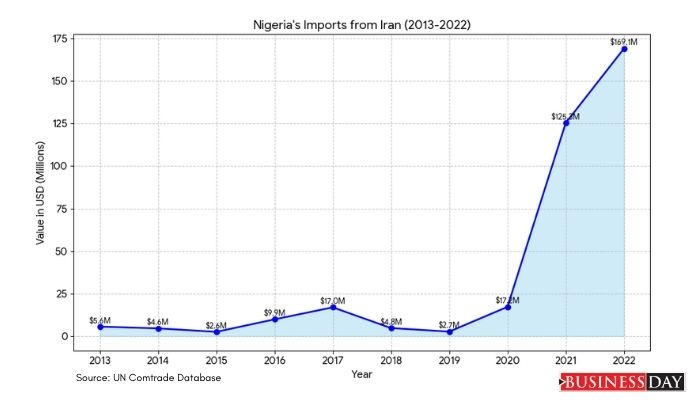The Nigeria Customs Service and the Manufacturers Association of Nigeria have come to a long-awaited resolution about how to proceed with the four percent charge on imports Free on Board (FOB) that sparked massive outrage across the country.
On Friday in Lagos, Adewale Adeniyi, the Comptroller General of Customs stood before stakeholders to announce that his agency had met with the Ministry of Finance and come away with new regulations that would provide relief to manufacturers and other businesses.
Based on the conclusions, the following import items will now be exempted from Customs FOB charge.
Raw materials and machines
Raw materials, spare parts, and machines imported by manufacturers who are beneficiaries of concessions contained in Chapters 98 and 99 of the Customs Tariff will not be charged the four percent.
These chapters are special sections of the tariff book that the government uses to grant import concessions or waivers for industries considered important to the economy.
Manufacturers not yet captured under the tariff chapters will also be onboarded in a fast-tracked process, the Service promised, and payments of the charge already made by them will be held as credit and be utilised for future customs-related transactions after their onboarding.
Beneficiaries of this modification are advised to apply for pre-release of the consignment to avoid payment of demurrage.
Read also:┬ĀCustoms exempts manufacturers, government projects from 4% FOB levy
Government projects
Government projects with Import Duty Exemptions Certificates are exempted from the FOB charge.
When the federal government or its agencies embark on large scale projects like railway lines, hospitals, or road constructions, contractors often need to import heavy machinery, specialised equipment, or materials.
To avoid inflating costs through customs charges, the government issues an Import Duty Exemption Certificate (IDEC) for that project, a certificate that legally exempts the contractor or agency from paying duties and taxes on those specific imports.
Goods imported to save lives
Medicines and pharmaceuticals, x-ray machines, MRI/CT scanners, ventilators, emergency relief items like tents, mattresses, mosquito nets, food aid, firefighting trucks, and any other humanitarian product imported into the country will not be charged
The rule is that if the goods are meant to save lives, provide emergency relief, or support vulnerable populations in crisis situations, they can qualify.
Other beneficiaries include beneficiaries of the Presidential Initiative for unlocking Healthcare value chain, and commercial airlinesŌĆÖ spare parts.
Francis Meshioye, president of MAN, said the agreement reached with Customs aligns with his associationŌĆÖs objectives to ensure that its members thrive despite the condition of the economy.
ŌĆ£I believe this will really strengthen our relationship; it is going to really make our relationship better off,ŌĆØ he said, noting that it is a win-win situation for both the Nigerian Customs and manufacturers.






